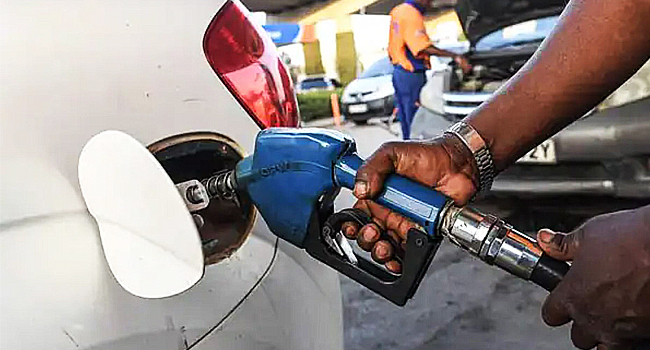France’s economy accelerated in the second quarter of 2024, registering stronger-than-expected growth amid global trade tensions and shifting consumer behavior, according to official data released on Wednesday. The eurozone’s second-largest economy expanded by 0.3% between April and June, up from a revised 0.1% increase in the first quarter and surpassing analysts’ projections of 0.2%. The uptick, reported by France’s National Institute of Statistics and Economic Studies (INSEE), was fueled by a rebound in household spending and a buildup of business inventories, though foreign trade continued to weigh on output.
The modest recovery comes despite lingering uncertainties in international markets, exacerbated by trade measures introduced by the U.S. earlier this year. Foreign trade subtracted 0.2% from GDP growth in the second quarter, an improvement from the 0.5% drag recorded between January and March. While exports saw a minor revival, imports grew more rapidly, offsetting gains from overseas sales. INSEE noted that household consumption, which added 0.1% to growth after constraining the economy earlier in the year, was buoyed by increased food purchases. Analysts linked this shift to the timing of Easter holidays in late April and unseasonably favorable weather in spring, which may have encouraged retail activity.
A significant driver of growth was the accumulation of inventories, which contributed 0.5% to GDP, following a 0.7% boost in the first quarter. These stockpiles—unsold goods held by manufacturers—were concentrated in the aerospace and automotive sectors. While rising inventories can signal confidence in future demand, they may also reflect challenges in moving products amid fluctuating global conditions. INSEE emphasized that without this inventory buildup, domestic demand would have stagnated, underscoring the fragility of the recovery.
The data highlights the French economy’s reliance on internal drivers as external headwinds persist. Trade disputes, particularly those involving the U.S., have clouded the outlook for export-reliant industries. Yet consumer resilience, supported by easing inflation and labor market stability, has provided a counterbalance. Economists caution, however, that inventory-driven growth is less sustainable than demand-led expansion, raising questions about momentum in the latter half of the year.
France’s performance stands in contrast to some eurozone peers grappling with weaker industrial output and softer demand. The figures may also influence policy discussions as European Central Bank officials weigh interest rate adjustments against mixed economic signals. While the upturn offers a reprieve, analysts stress that sustained growth will hinge on navigating trade uncertainties, stabilizing global markets, and maintaining domestic consumer confidence.



